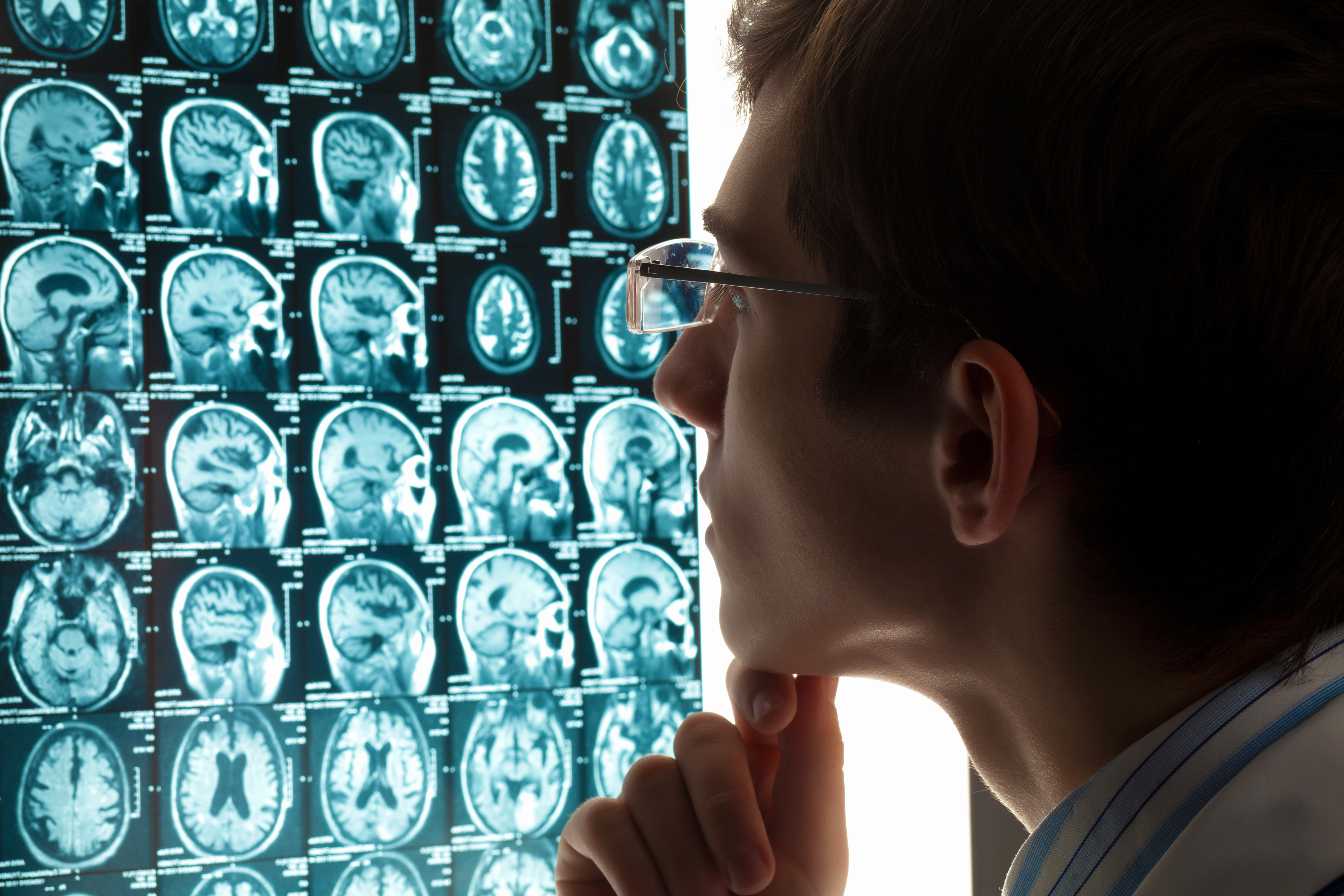
Brain MRI Can Detect Streaks of Blood Hours After Mild TBI
On March 20, 2013 neurologist Gunjan Parikh, M.D. presented a paper at the Annual Meeting of the American Academy of Neurology on MRI evidence of brain damage following mild TBI. Dr. Parkh works at the University of Maryland Shock Trauma Unit in Baltimore. He used MRI to evaluate 256 people with an average





